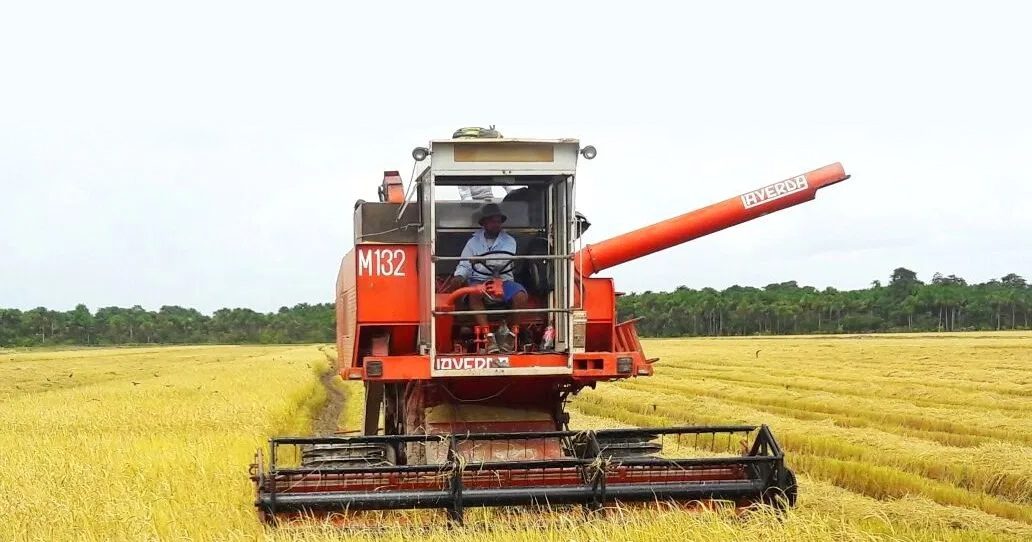The International Monetary Fund (IMF) projects that Guyana, for the next five years, will see growth in its non-oil economy.
The Washington-based institution projected that the country would see a growth of 7.2% Gross Domestic Product (GDP) for 2022. It said this can be attributed to the recovery of sugar and rice production from the floods as well as positive spill overs from the oil sector.
It also projects non-oil GDP will hover around 5% and 5.2% per year up to 2027.
Oil exports to surpass US$3B; to represent 59.7% of Guyana’s GDP this year – IDB | OilNOW
Critical to assessing the success of the government’s diversification drive is keeping track of the non-oil economy’s share of the country’s total economic growth over the years. The IMF expects the non-oil economy to hover between 32% and 40% of the total GDP from 2022 through 2027. This is significant, considering that oil production offshore Guyana is expected to triple its current levels by 2027.
The IMF noted that Guyanese authorities are conscious of the international push away from fossil fuels and have thus far ensured sufficient funds are being devoted to further diversifying and boosting production in the non-oil sector. It said this can be seen with the expansion into non-traditional areas such as wheat and soya bean, and investment in a seed bank to increase its food security and diversification.
In addition, the Fund said the country’s tourism industry is also set to experience a significant boost as international hotel chains such as Hyatt, Best Western, and Marriot are expected to start or complete the construction of new hotels across the country.
Guyana guarding against Dutch Disease impacts on non-oil labour market | OilNOW
It also praised Guyana for ensuring human capital investment remains a top priority. In this regard, the Fund highlighted that the Ministry of Labour, through its Board of Industrial Training, is implementing programmes to boost technical capacity in areas related to new and emerging sectors. This is intended to help reduce geographical and occupational inter-industry skills mismatches going forward. Policies to improve the education system are also being implemented including by investing in expanding schools at all educational levels.
Furthermore, the IMF said authorities are also looking at the country’s immigration policy to address evolving trends and meet the country’s present labour market needs. It said infrastructure investment will no doubt strategically support sustainable growth efforts too.
Notwithstanding the exponential growth and allure of the oil industry, the IMF is of the view that Guyana’s deliberate efforts to have a diversified economy are already on the pathway to success.



